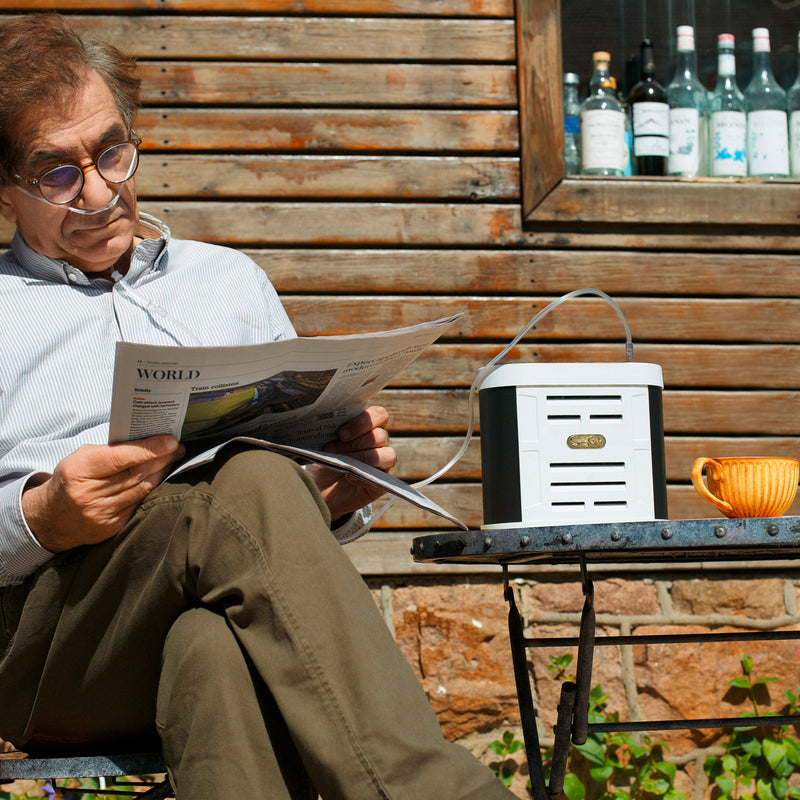When it comes to selecting the appropriate home oxygen concentrator, there are several factors to consider. From flow rate to size and portability, finding the right device can significantly impact your quality of life. In this article, we will explore the key considerations for choosing the best home oxygen concentrator for your specific needs.
Understanding Your Oxygen Requirements
Before diving into the various options available, it's crucial to understand your oxygen needs. Consult with your healthcare provider to determine the prescribed flow rate and duration of oxygen therapy. This information will serve as the foundation for selecting a home oxygen concentrator that can effectively meet your requirements.
For individuals who require continuous oxygen therapy, a stationary home oxygen concentrator may be the most suitable option. These devices are designed to deliver a steady flow of oxygen and are ideal for use at home. On the other hand, portable oxygen concentrators are better suited for individuals with active lifestyles who need oxygen on the go.
Portability and Lifestyle Considerations
For those who lead an active lifestyle and wish to maintain their mobility, a portable home oxygen concentrator is a practical choice. These devices are lightweight, compact, and equipped with long-lasting batteries, allowing users to move freely without being tethered to a stationary unit. When selecting a portable concentrator, consider factors such as battery life, weight, and ease of use to ensure it aligns with your lifestyle.
Alternatively, if you spend the majority of your time at home and value a reliable source of oxygen, a stationary home oxygen concentrator may be the better option. These units are designed for continuous use and are often more robust in terms of oxygen output and flow rate.
Technical Specifications and Features
When evaluating home oxygen concentrators, it's essential to review the technical specifications and features of each device. Pay close attention to the oxygen output capacity, as well as the range of flow rates offered by the concentrator. Additionally, consider the noise level produced by the device, especially if you plan to use it in a shared living space.
Some home oxygen concentrators are equipped with advanced features such as oxygen purity monitors, adjustable flow settings, and user-friendly interfaces. These additional features can enhance the overall user experience and provide greater control over your oxygen therapy.
Cost and Insurance Coverage
Cost is a significant factor to consider when purchasing a home oxygen concentrator. While portable units may be more expensive upfront, they offer greater flexibility and convenience for users who require oxygen outside of their homes. It's important to explore insurance coverage and reimbursement options for home oxygen concentrators, as this can help offset the initial investment and ongoing maintenance costs.
Before making a decision, compare the upfront costs, ongoing maintenance expenses, and potential insurance coverage for each type of home oxygen concentrator. By weighing these factors, you can make an informed choice that aligns with your budget and healthcare needs.
Ultimately, selecting the right home oxygen concentrator is a personal decision that should be based on your specific oxygen requirements, lifestyle, and budget. By carefully evaluating the available options and seeking guidance from your healthcare provider, you can choose a home oxygen concentrator that supports your well-being and enhances your quality of life.
